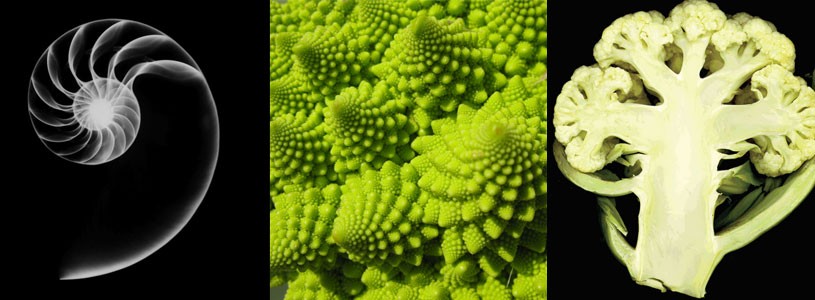Nature News, 12 October 2022
Neurons in a dish learn to play Pong — what’s next?
A cellular version of computer game challenges assumptions about intelligence. Neurons growing in a dish coated with electrodes have been taught to play a version of the classic computer game Pong.
https://www.nature.com/articles/d41586-022-03229-y
This is the most extraordinary thing I’ve seen in some time. Even as someone with a neurobiology background, and has cultured more dishes of neurons than I could possibly count, I’m amazed that you can push a monolayer of neurons to the extent that they “learn”. You might even make the argument that this system approaches (or achieves?) a definition of sentience (eg. a system that is responsive to sensory inputs through adapative internal processes).
In brief, the DishBrain system is proposed to be the first real-time synthetic biological intelligence platform that demonstrates that biological neurons can adjust firing activity in a way that suggests the ability to learn to perform goal-oriented tasks when provided with simple electrophysiological sensory input and feedback while embodied in a game-world.
Of course, this fits with our understanding of how the CNS develops. A massive excess of neuronal connectivity is laid down; the connections that are reinforced through experience are strengthened and retained whereas unused connections are not.
Neurons in a dish learn to play Pong — what’s next?
A cellular version of computer game challenges assumptions about intelligence. Neurons growing in a dish coated with electrodes have been taught to play a version of the classic computer game Pong.
https://www.nature.com/articles/d41586-022-03229-y
This is the most extraordinary thing I’ve seen in some time. Even as someone with a neurobiology background, and has cultured more dishes of neurons than I could possibly count, I’m amazed that you can push a monolayer of neurons to the extent that they “learn”. You might even make the argument that this system approaches (or achieves?) a definition of sentience (eg. a system that is responsive to sensory inputs through adapative internal processes).
In brief, the DishBrain system is proposed to be the first real-time synthetic biological intelligence platform that demonstrates that biological neurons can adjust firing activity in a way that suggests the ability to learn to perform goal-oriented tasks when provided with simple electrophysiological sensory input and feedback while embodied in a game-world.
Of course, this fits with our understanding of how the CNS develops. A massive excess of neuronal connectivity is laid down; the connections that are reinforced through experience are strengthened and retained whereas unused connections are not.

